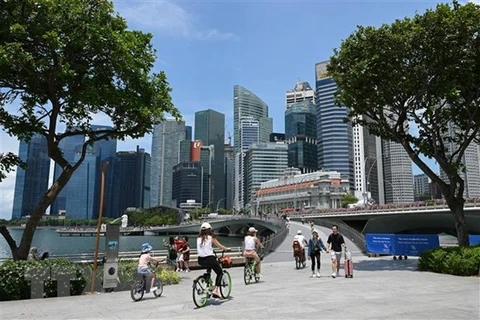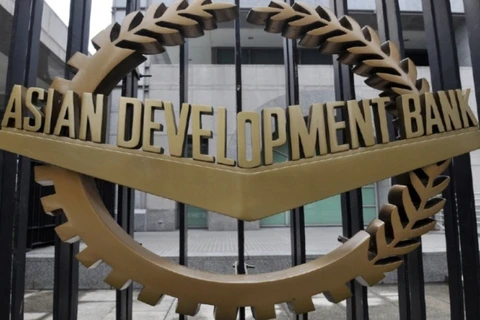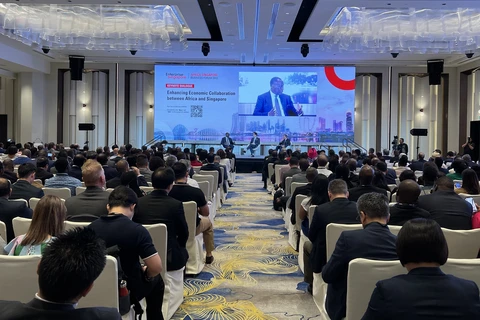 Consumer prices in Singapore rose at a slower pace for a 4th consecutive month in August. (Photo: The Straits Times)
Consumer prices in Singapore rose at a slower pace for a 4th consecutive month in August. (Photo: The Straits Times) According to the Singapore Department of Statistics, core inflation, excluding private transport and accommodation costs to better reflect the expenses of Singapore households, dropped to 3.4% year-on-year in August, the lowest level in over one year.
The overall consumer price index (CPI) also edged down, to 4% in August from 4.1% in July, as declines in core and accommodation inflation more than offset the rise in prices of private transport.
In a joint media statement released on September 25, the Monetary Authority of Singapore (MAS) and the Ministry of Trade and Industry (MTI) said core inflation is expected to moderate further over the next few months as imported costs stay low compared with year-ago levels, and the current tightness in the domestic labour market eases.
They also maintained their forecasts for overall inflation for 2023 between 4.5% and 5.5%, while core inflation was pegged at between 3.5% and 4.5%.
Maybank economist Chua Hak Bin told Straits Times that inflation might not ease as quickly for the rest of the year as energy and food prices have rebounded.
The impending GST and carbon tax hike on January 1 next year may also trigger another jump in consumer prices, he said.
Meanwhile, DBS Bank economist Chua Han Teng said sees upside risks from the recent uptick in global oil prices due to Opec supply cuts, and potential global food price shocks from El Nino weather disruptions./.
VNA























